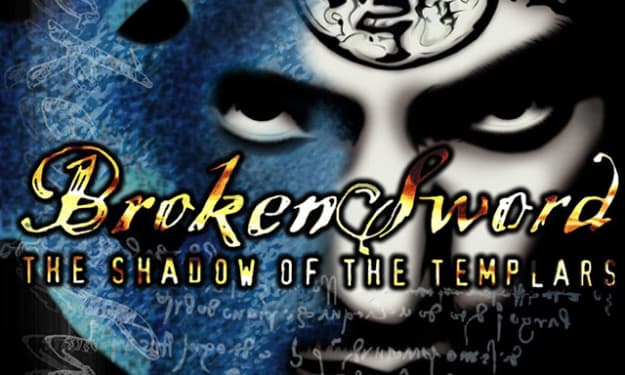Have 'Achievement' Systems Ruined Gaming?
'Achievement Unlocked' but What About the Rest?

When I started gaming in the late '90s and early '00s it was with my uncle; we spent hours on his ageing Sega Saturn, Mega Drive, and Dreamcast. At 8 or 9 years old I sucked; I had bad coordination, I was frightened of the scary games, and I lost interest in the main questlines almost immediately. My uncle wasn't all that good at them either, actually, and the fun of it was the fact that we were together. Even with 18 years between us, we were still on the same page when it came to Skies of Arcadia and House of the Dead.
It's a little different these days, I think.
Don't worry, this isn't going to devolve into an 'in my day' spiel that bemoans the modern world. Despite the title, I know that Playstation trophies and Xbox achievements haven't ruined gaming by any stretch of the imagination - but I did stop to ask myself that question recently. Not because of 'kids these days' but because of myself.
Achievement based gaming has fed directly into my reward/motivation centre...
And it's created a pavlovian response to that little 'du-duh!' notification sound. So much so that I found myself peeling away from PC gaming because I wanted to build my Xbox gamerscore. Does that sound sad? Probably, and I understand why... but I also know that I'm not alone. Research undertaken at National Chiao Tung University in Taiwan has found that reward and achievement systems like those used by Xbox and Playstation do have an impact on the way that we game. In fact, any reward system in a video game does this.
How?
Well, for a start the presence of these systems has been shown to increase the level of fun that people self-report feeling, even before they have earned any rewards. Psychologically this has a lot to do with anticipation and the way people view or measure their skill and success when gaming. For many people, this is a positive experience, and I have personally learned to temper my own investment in the achievements and trophies by focussing on narrative-based games and experiences.
'Trophy Hunting' behaviours can be destructive to our happiness -
Especially for those who have addictive personalities and those who are wired to seek a sense of achievement at all times. Anyone who has young children, or who has regular contact with younger children will tell you that and they're not entirely wrong.
There are studies that say that concept of 'video game addiction' in children has been hyped up by the media, almost to the point of hysteria, and they're not entirely wrong either.
In my opinion, the truth lies in the murky space between these views, as it so often does. There can be no denying that video games can be addictive; they're incredibly stimulating and offer a sense of satisfaction and achievement (or frustration and disappointment) on an almost instant basis. Add to this the ability to keep a tally of your 'wins' via points, trophies, or any other metric and you will find people who seek this validation to a less than healthy extent.
For most grown adults like me that can mean playing a game long after it's stopped giving joy for the sake of completing otherwise meaningless tasks (Red Dead Redemption 2, I'm looking at you). For others, the idea that gaming is meaningless if there's no virtual reward may start to creep up. This is a bad way to view leisure in any space, but in an arena like gaming it means people turning away from indie games and outlier experiences that don't feature on big platforms with recognized reward systems.
An ever narrowing market, a consumer base torn between two or three main sources with minimal cross-over or fresh blood. Doesn't that sound familiar?
Achievement systems aren't ruining gaming, but they have changed it -
If we don't want to find ourselves stuck in a quagmire where there's little to no innovation, however, it behoves us as consumers to analyse how much we care about these systems and why. Breaking free of a trophy hunting cycle to explore indie markets and games for the pleasure of the experience alone is important for the market, sure, but also for us.
Returning to Steam after a long period of achievement chasing via Xbox GamePass felt strange at first, then pointless (pun intended), but was eventually a breath of fresh air. It wasn't until I had rediscovered Day of the Tentacle, re-opened Sam & Max Hit the Road and waded into my third hour of Theme Hospital (via the ever-excellent G0G.com) that I realized the fun had come back.
Don't get me wrong, I'm not going to wipe my gamerscore, toss the trophies or ditch consoles altogether, but I feel like a spell has been lifted. It's all just make-believe, after all, and the only thing I want to do less than work in my free time is to turn my escapist hobbies into work.
About the Creator
S. A. Crawford
Writer, reader, life-long student - being brave and finally taking the plunge by publishing some articles and fiction pieces.






Comments
There are no comments for this story
Be the first to respond and start the conversation.